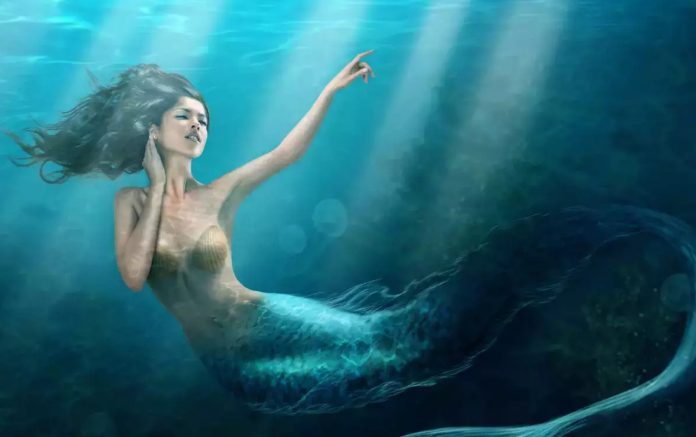Recently, a video claiming mermaid on the banks of river Musi at Damarcharla, Nalgonda was viral in the social media.
We at Avaaz24, let’s check the facts regarding mermaids and their existence.
What is a Mermaid?
In folklore, mermaid is an aquatic creature with head and upper body of a female human and tail of a fish.
Likewise, the male equivalent of mermaid is Merman. Male and female are collectively known as mer-folk or mer-people.
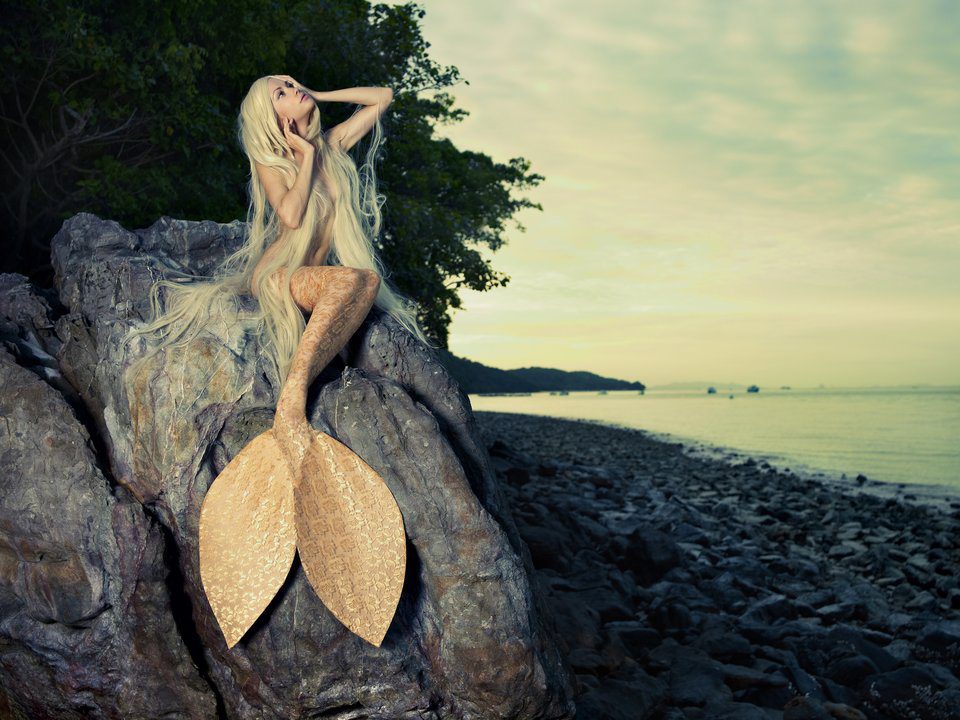
The word is derived from old english Mere ~ sea and Maid ~ girl. They are conventionally depicted as beautiful with large flowing hair.
Cultural Significance of Mermaid:
Early origins of mermaid can be traced to Northern Syria. Their chief goddess of for fertility, “Atargatis” is a fish goddess. Usually, fish is the symbolic representation of fertility
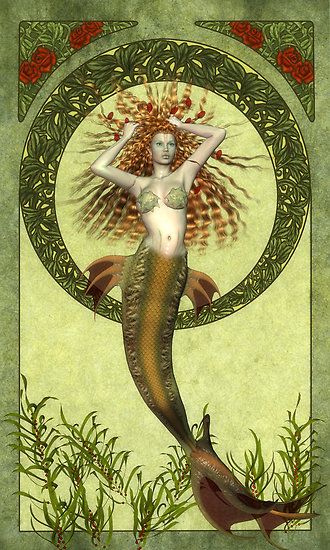
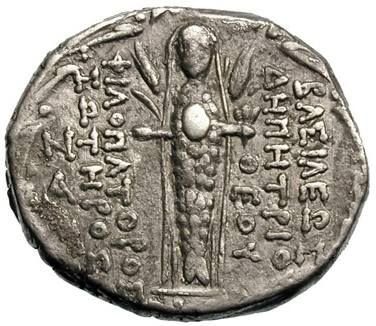
In British folklore, mermaids appear as unlucky omen, they foretell disaster. In European folklore, Melusin is a woman with fish from waist down. The Japanese equivalent of mermaid is Ningyo. Additionally, in Zimbabwe mermaids are known as Njuzu.
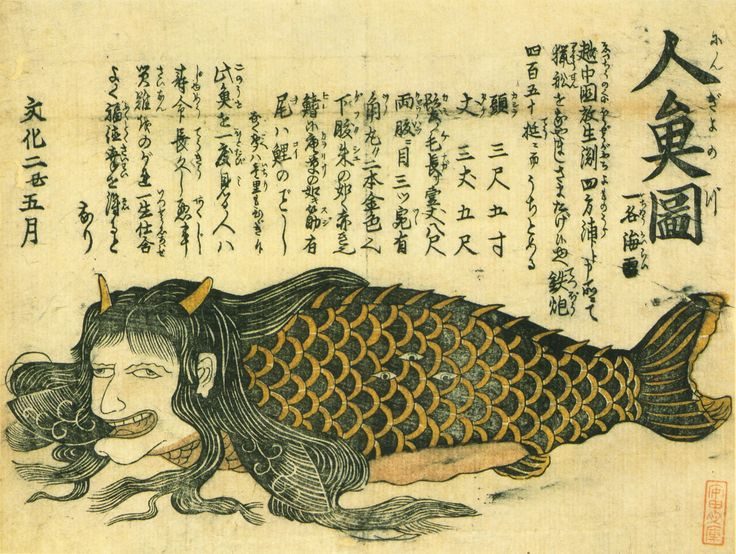
Mermaids exist as per Hinduism also. In Cambodian and Thai versions of Ramayana, Suvannamaccha, daughter of Ravana is a mermaid. She tries to spoil Hanuman’s plan to build a bridge to Lanka but falls in love with him instead.
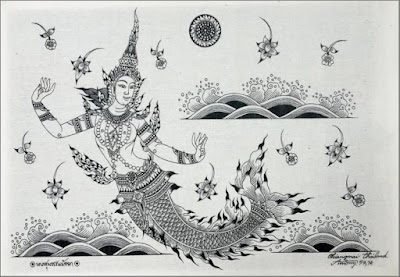
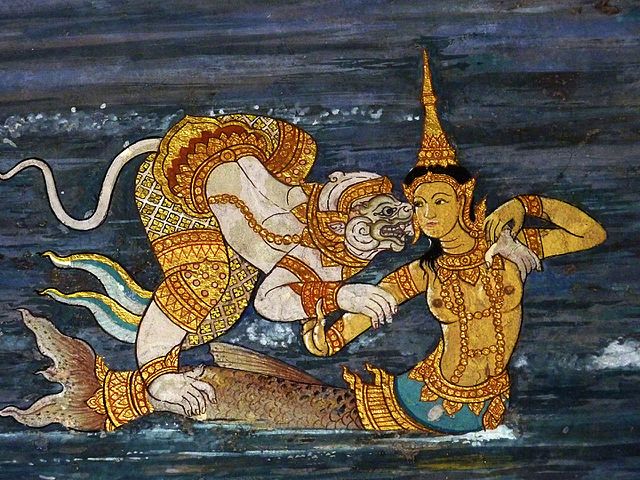
From times, these mermaids are exist only in various legends and stories. No evidence of their existence outside folklore occurs till date.
Dugongs – the mistaken mermaids:
Dugongs are marine mammals. They are one of the four living species of order Sirenia. They are ‘sea cows because they eat sea grass. On account of being hunted for their meat and oil, they are classified as ‘Vulnerable’ as per IUCN. Dugong’s territory extends from Indian ocean to west Pacific.
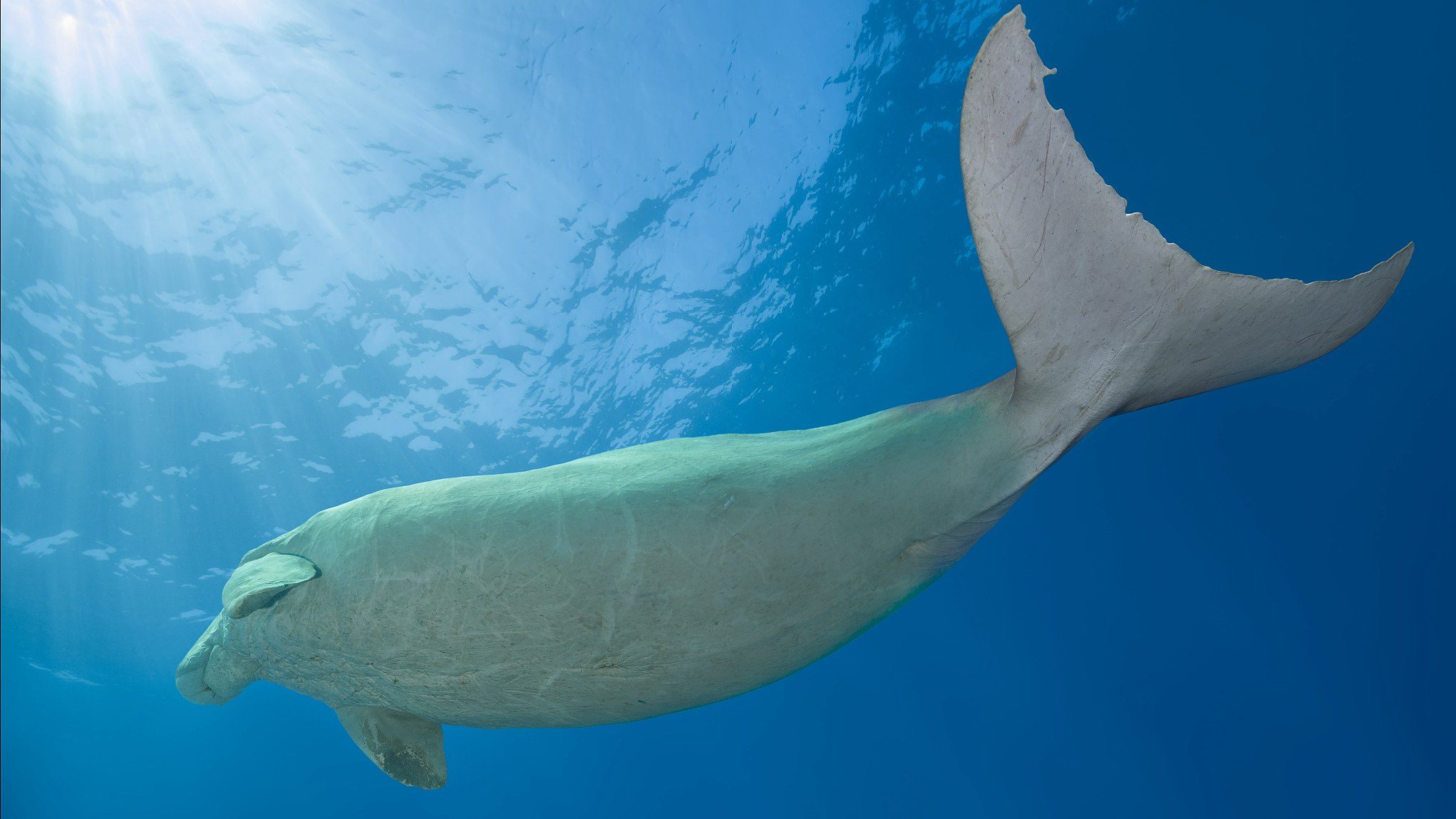
During Christoper Columbus first trip to America, his company recorded a sighting of three mermaids in waters surrounding the island of Haiti.
In Greek mythology, Mermaids are called as Sirens. The early sailors mistook dugongs for sirens. Hence, they are placed under a new order ‘sirenia’,
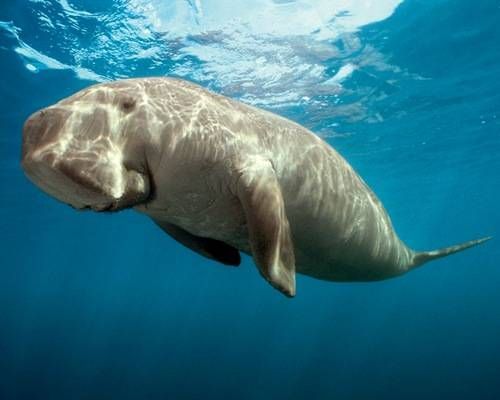
Why Dugongs are mistaken as mermaids?
- Dugong teats are located under their front flippers (arm pits) so it may look like cradling an infant when suckling a calf.
- Being herbivores, strands of seaweeds usually cover their heads, while they are eating. Those strands of seaweeds appear like long green hair in the dull ocean light.
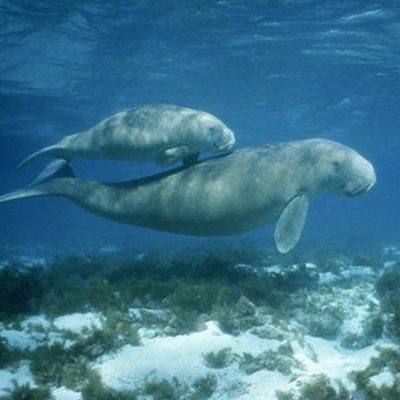
- Sailors used to be usually, under effects of lots of They may get horny because of long absence of women around them. Thus with their blurred vision and bizarre thoughts, they mistook dugongs as women with half fish body.
- Evolutionarily also mermaid can never exist. There are digestive differences between mammals and fish. There are reproductive challenges also. Hence, half fish and half woman are not compatible with each other.
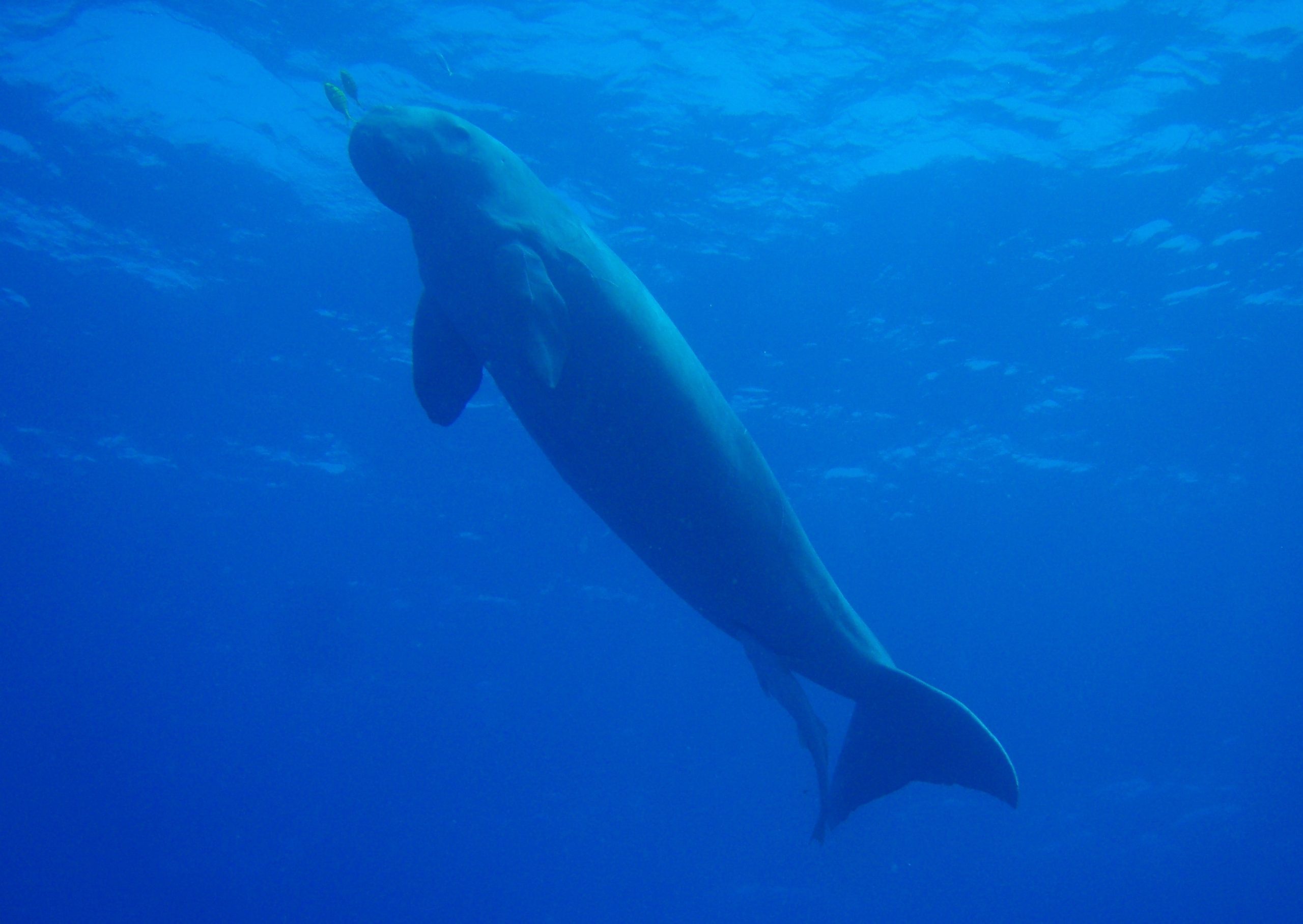
Can mermaids exist in Musi river?
No. Dugongs can never exist in Musi river. They are marine mammals. They want saline water to survive. Musi or Muchukunda is a tributary of Krishna river. Riverine ecosystem is not suitable as their habitat.
To conclude, mermaid being spotted at Damarcharla, Nalgonda on the banks of Musi river is fake.
ALSO READ: Deciphering the Disaster Management Act, 2005

